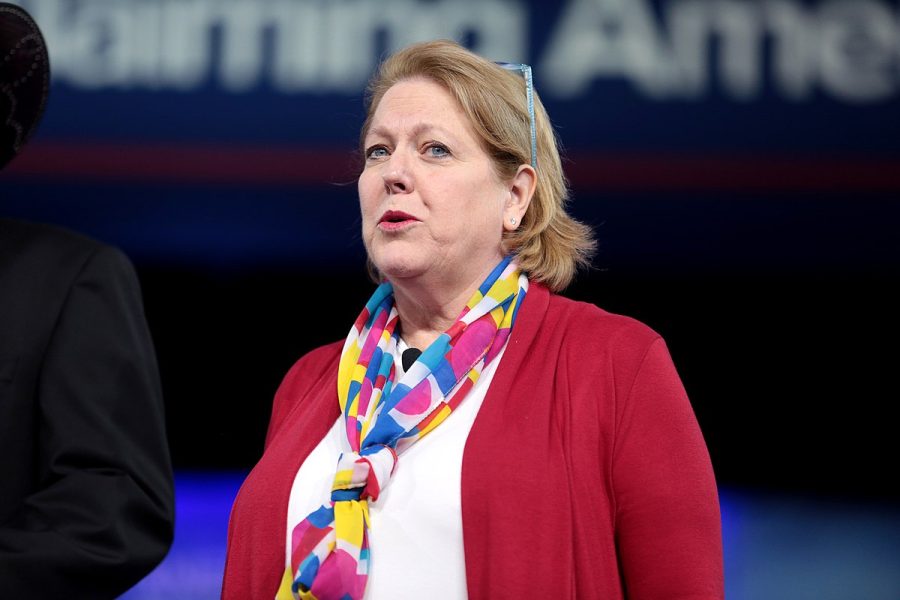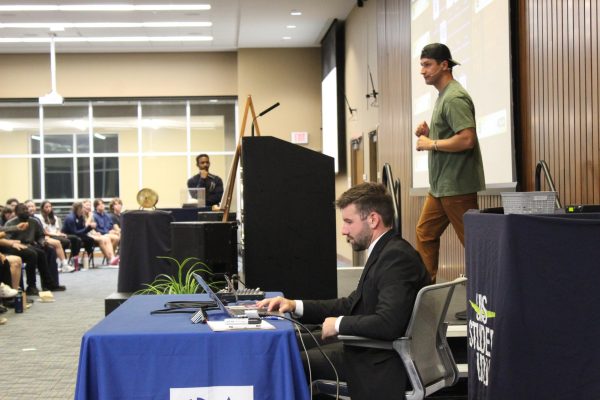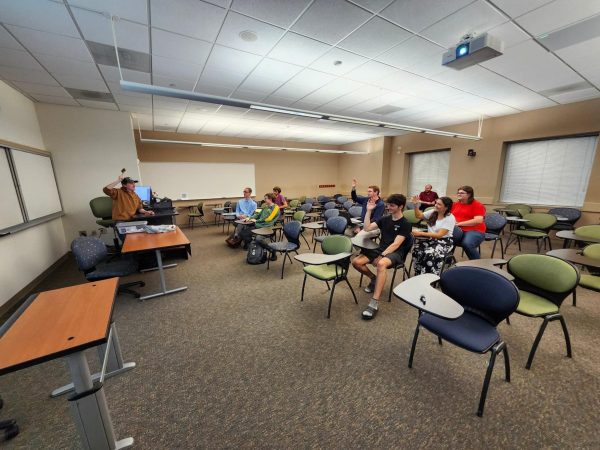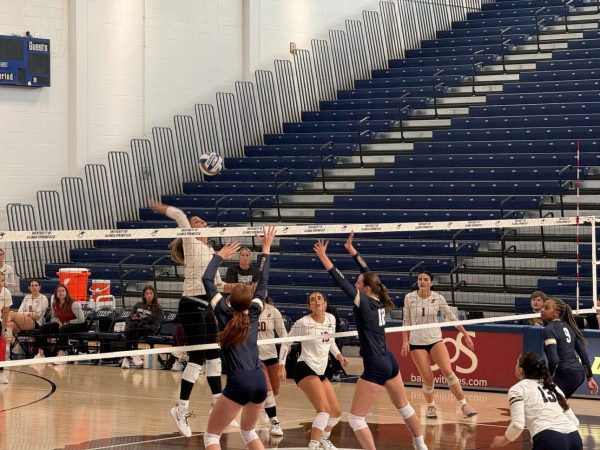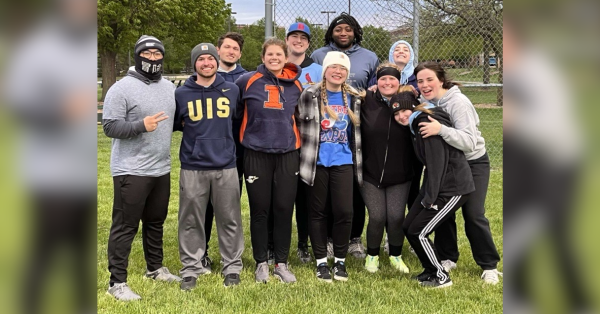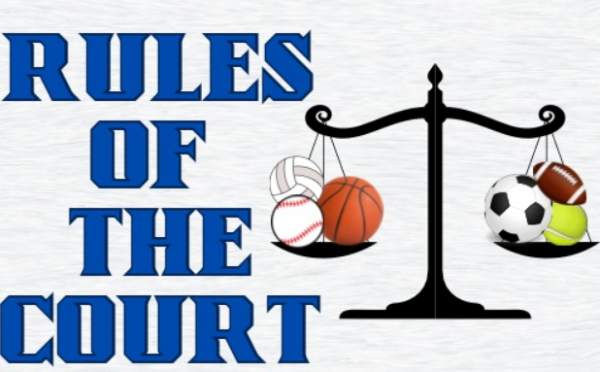Ginni Thomas’ Texts Indict Clarence Thomas and The Supreme Court
Virginia Thomas, image taken by Gage Skidmore from Peoria, AZ, United States of America, CC BY-SA 2.0 via Wikimedia Commons
In an explosive controversy, Justice Clarence Thomas and his wife, Virginia ‘Ginni’ Thomas, face the spotlight after leaked texts showed Ginni Thomas pressured the White House to overturn the election. Previously, Justice Thomas was known as the only Justice to side with former President Donald Trump in a case involving White House documents that the Jan. 6 Committee sought. However, with the revelation that Ginni Thomas was engaging with the White House and trying to overturn the 2020 election and had publicly condemned the Jan. 6 Committee questions have been raised about Thomas’ impartiality and his decision not to recuse himself from the case.
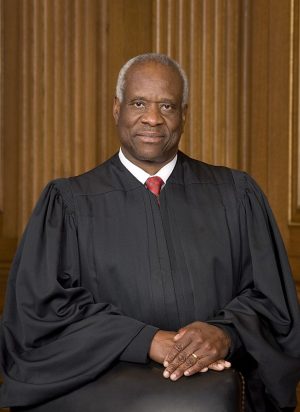
REPORTER: Do you think Clarence Thomas should resign?
PELOSI: I don’t think he ever should’ve been appointed … [but] if your wife is an admitted and proud contributor to a coup of our country, maybe you should weigh that in your ethical standards pic.twitter.com/DMHdpDNRtM
— Aaron Rupar (@atrupar) March 31, 2022
The controversy has inevitably raised concerns on Capitol Hill, with Speaker Nancy Pelosi condemning the thin line between Justice Thomas and his wife’s career, referring to Mrs. Thomas as an “admitted and proud member of a coup.” She further asserted that Thomas should not have been appointed to the Court but avoided saying whether he should resign.
Clarence Thomas should resign.
If not, his failure to disclose income from right-wing organizations, recuse himself from matters involving his wife, and his vote to block the Jan 6th commission from key information must be investigated and could serve as grounds for impeachment.
— Alexandria Ocasio-Cortez (@AOC) March 29, 2022
Other Democrats were more blunt. Rep. Alexandria Ocasio-Cortez (D-NY) called for his resignation and warned that previous controversies surrounding arch-conservative justice could justify impeachment.
Clarence Thomas needs to be impeached https://t.co/ZuZbxkMaYs
— Ilhan Omar (@IlhanMN) March 25, 2022
It is not the only time that Justice Thomas has come under scrutiny. His impartiality was previously questioned thanks to undisclosed payments that Ginni Thomas received from far-right, anti-Muslim activist Frank Gaffney through his Center for Security Policy. The payments to Ginni make Justice Thomas an indirect recipient of those funds. Under current law, justices are not required to recuse themselves, and it is up to them to decide whether to avoid a case. However, they are encouraged to be “reasonably informed” about their interests and the financial interests of their spouses.
While there have always been questions about the justices and their obligation to recuse themselves from cases they have a stake in, the argument that previous issues of recusal may prove hollow as the issue at hand pertains directly to the Jan. 6 Committee’s ongoing investigation and the dangers of last year’s attack on the capitol.
Moreover, Mrs. Thomas herself has become a target by the committee as they are now considering interviewing the famed conservative activist about her involvement on Jan. 6, though it will likely be difficult to get Mrs. Thomas to testify willingly as she has previously signed a letter calling the committee an “overtly partisan political persecution.”
With impeachment likely off the table and the fight over the committee’s authority ongoing, it is unclear how Thomas’ role on Jan. 6 will pan out, but if the committee deems it necessary, Americans should not be surprised if they see a supreme court justice’s wife testifying under oath. That is, of course, if she does not invoke the Fifth Amendment first.

